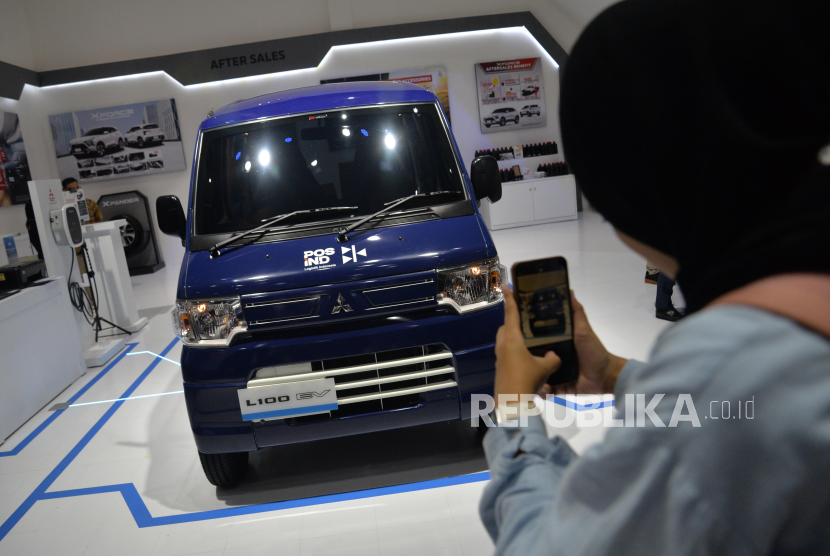Women Drive Electric Vehicle Battery Ecosystem Development Through Nickel Downstream Processing

Korean Rumit.CO.ID, JAKARTA -- Djoko Widayatno, Deputy Chairman of the Mineral and Coal Downstream Committee at the Indonesian Chamber of Commerce and Industry (Kadin), is pushing for further downstream processing of nickel. This involves developing an electric vehicle (EV) battery ecosystem to create greater added value.
"Future transportation must be supported by sustainable industries. Our nickel should be the backbone of the green energy transition, not just a short-term export commodity," Djoko said, quoted on Sunday (6/29/2025).
Currently, Indonesia is beginning to build an integrated electric vehicle battery industry ecosystem, from precursor production to battery cell assembly and electric vehicle assembly. Large projects such as the construction of battery factories in Karawang and Morowali are believed to be a manifestation of the commitment to create a competitive domestic supply chain in the global market.
If successfully accelerated, the development of this ecosystem is projected to generate far greater value added. For comparison, China, which has been building the EV supply chain for the past decade, recorded in 2023 that the contribution of the EV and battery industry reached over 150 billion US dollars, making it the world's leading exporter of electric vehicles.
Djoko continued, Indonesia must learn from China's success in developing the EV battery industry as proof of the huge economic potential from further downstream processing. Currently, China dominates about 60 percent of global EV production and 80 percent of the world's battery market, and is the largest center for electric vehicle technology and supply chains globally.
"For this reason, we encourage the government to strengthen environmental governance, expand local human resources training, and promote technology transfer so that the downstream nickel industry can maximize benefits for Indonesia," he said.
She also promotes the use of clean technology such as High Pressure Acid Leach (HPAL) and the implementation of Environmental, Social, and Governance (ESG) standards across the supply chain. Djoko emphasizes the importance of directing first-class (high-grade) nickel towards EV battery products, not just stainless steel, to maximize nickel's potential in the energy transition and support the Net Zero Emissions (NZE) 2060 target.
"Indonesia has already achieved strategic successes in nickel downstream processing. However, to ensure this process is truly sustainable and inclusive, it needs to be strengthened with good governance and comprehensive development of the industrial ecosystem," said Djoko.
Post a Comment